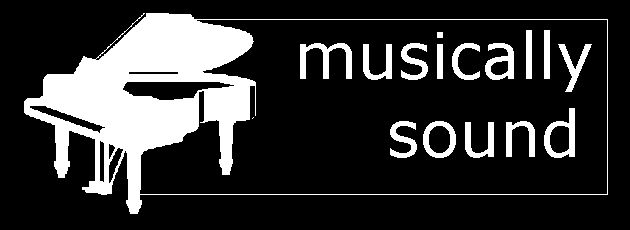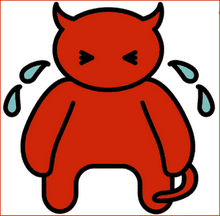 Ubisoft
UbisoftTom Clancy's Splinter Cell: Double Agent
[Stealth Action]
For a few years now, Ubisoft’s Splinter Cell franchise has carved out a nice little niche for itself on PS2 and Xbox, shifting just enough copies to warrant a yearly sequel without setting the world alight. The premise is always pretty simple, generally focusing on a bunch of guys who don’t like America getting hold of a weapon and threatening to use it, at which point the decidedly gruff Sam Fisher (complete with troubled past, no less) goes in, kills them all and saves the day. It’s not life-changing stuff by any means, but it knows what works and sticks to it faithfully.
What also works very well is the game’s stealth system -- constituting a light meter, noise meter, fantastic acrobatics and a tantalizing assortment of fictional gadgets -- which, having been upgraded with gradual tweaks in true videogame style, culminated in an excellent third installment known as Chaos Theory.
Though the expected improvements to the game mechanics did contribute to the game’s success, what truly separated Chaos Theory from its two fairly good predecessors was some fantastic level design. Promising variety around every turn, levels included a bank, a rooftop apartment, a Chinese countryside retreat and a naval bunker. As well as the exciting locales, the developers had evidently worked hard to ensure each mission would enable Fisher to utilize his full range of moves, resulting in fantastic options for the player. As well as the obvious shotgun-toting brute force route, an array of carefully positioned vents, pipes, rails and ledges, along with generous helpings of darkness, ensured there was always the option to do missions the proper, Sam Fisher way. A strict mission rating system also rewarded stealthy play, penalizing players for excess noise, kills and general clumsiness.
What a disappointment it is to find, then, that the fourth game in the series is a let down on almost all of these fronts. Feeling like a backward step in gameplay terms, Double Agent has some really dull, featureless levels (a warehouse, anyone?) that rarely allow our hero to exhibit his impressive athletic abilities. Not only that, but a lot less shadow and the removal of the mission rating system mean brute force is often the most worthwhile path through missions. In addition, the long load times mean slip-ups are punished severely, discouraging players from risking a stealthy takedown when they could opt for the more reliable machinegun.
The story is a marked improvement, however, told via a series of flashbacks and revealing Fisher’s recent involvement in an elaborate plot to infiltrate a terrorist organization. Only Fisher and his old pal Colonel Lambert were aware of the mission’s finer details, meaning that throughout the game’s levels Fisher is obliged to sabotage parts of the JBA’s plan and risk blowing his cover in order to please the suits back at HQ. This idea is implemented in the game with a simple trust meter that shifts position every time you complete (and thus consequently also fail) an objective for either side. In order for a smooth progression, you are required to keep the apparently mathematical ‘trust’ value in the middle of the bar -- upsetting one side too much could result in them asking you to complete a spontaneous sub-mission which, if not completed in time, results in failure.
While this system has the potential to be great, it hasn’t quite been implemented well enough. To give one example, during my first time through the game I managed to sink a tanker full of 3,000 passengers and let a city get nuked while still comfortably maintaining the trust of the good guys. Now I’m no diplomat, but surely a death toll in the tens of thousands can’t be considered a job well done?
That said, the various split paths in the game do warrant repeat plays and the stealth mechanics are grounded on a solid enough foundation to still make the game an enjoyable experience. With some more attention to detail in the environment s, a few more missions and a bit of tweaking to the trust system, Tom Clancy’s Splinter Cell: Double Agent could have been one of the best games on PS2. As it is, it’s still good, though the aforementioned shortcomings mean Chaos Theory remains the best game in the series. 61



1 comment:
I'll wait till it's on metaboli, then.
Post a Comment